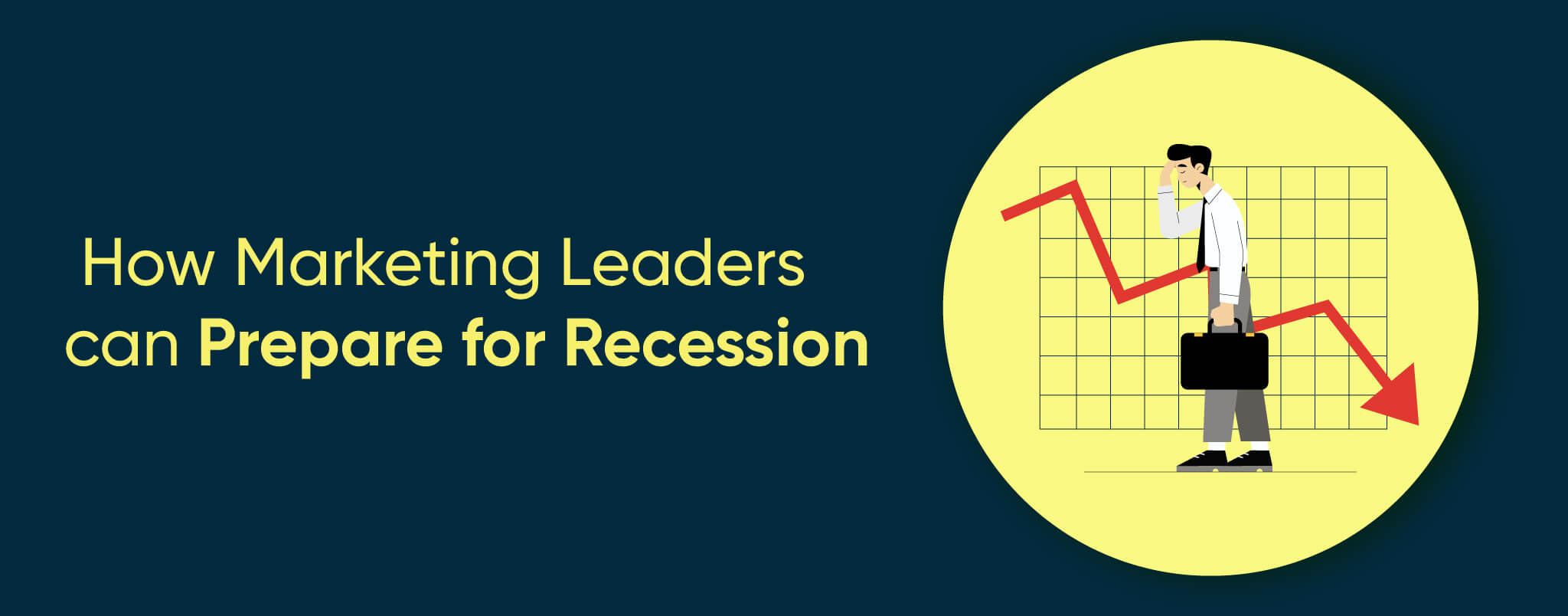Strategies for Marketing Professionals to Prepare for Recession
PUBLISH DATE: 09 August 2022
The subtext of discourse at Cannes Lions in June was brand leaders’ decreasing faith in the economy. As the stock market continues on its unpredictable path and CMOs confront a slew of uncertainty, it’s vital that we put the recession in context right now by concentrating on what we know.
What Exactly do We Know?
When we look at prior recessions, we see that economists and strategists dealt with the same difficulties that brands are dealing with now. During the Great Recession of 2008-2009, a 2009 Harvard Business Review article titled “How CMOs Should Function in a Recession” discussed altering customer behavior and how to stretch marketing resources by “coming up with imaginative methods to achieve more with less.” It all sounds too familiar.
Of course, a lot has changed since 2009. New technology and new methods have arisen, enabling a worldwide and distributed workforce to operate 24 hours a day, seven days a week.
What Remains Constant?
People, technology, and procedures must be the major emphasis of designing a recession strategy, which must be set in action by seasoned company executives who are recession-experienced, brand guardians at heart.
Also Read: Know what Silverpush’s partnership with Iris.Tv is going to bring for the brands
Competing for Customer Loyalty and Talent
According to a recent Gartner research, 58 percent of CMOs asked said their teams lacked the expertise needed to execute their brand strategy. Internal resources are suffering due to a shortage of people rather than a lack of competence.
The Great Resignation is still going on, and it shows no signs of slowing down, according to Bloomberg’s latest U.S. employment statistics. 4.4 million Americans willingly quit their employment in April 2022. Even with a recession on the horizon, Gartner affirms that 2022 will see an unprecedented spike in talent demand.
Marketing executives cannot afford to reduce their workforce when their internal resources are already stretched. What are their options? Being real and compassionate with workers is vital for improving morale and retention, but so is rethinking and modifying marketing resources without losing a competitive advantage. As a brand’s internal capacity ebbs and flows, an external marketing partner may provide strategic solutions at scale with creative content generation as campaign demands change.
A recession will make it even more important for firms to adopt marketing technologies and apply lean procedures in their marketing campaigns.
The pandemic’s shutdowns caused a domino effect on supply chain shortages, and as a result, customers abandoned brand loyalty to use whatever they could find. Shopping habits that were formerly shaped by health and safety concerns are now e-commerce conventions.
Mar Tech will Put in Place Lean Processes
During the pandemic, we saw companies grow and fall depending on their capacity (or inability) to be flexible and react to quick change; eCommerce early adopters and laggards are prime examples. A crisis, by definition, enhances the need for innovation; we saw this with the creation of a Covid-19 vaccine and the rising use of digital, virtual, and cloud technologies by organizations.
A recession, on the other hand, will increase firms’ need to embrace marketing technologies and apply lean procedures in their marketing campaigns.
With the pandemic over and the recession approaching, marketers should ask themselves, “Do we have the proper tools to plan and manage production at scale and on a budget?” Marketers that have access to technology-based solutions for creating, executing, and analyzing deliverables across the lifespan of a campaign will enable brand buoyancy during the recession.







